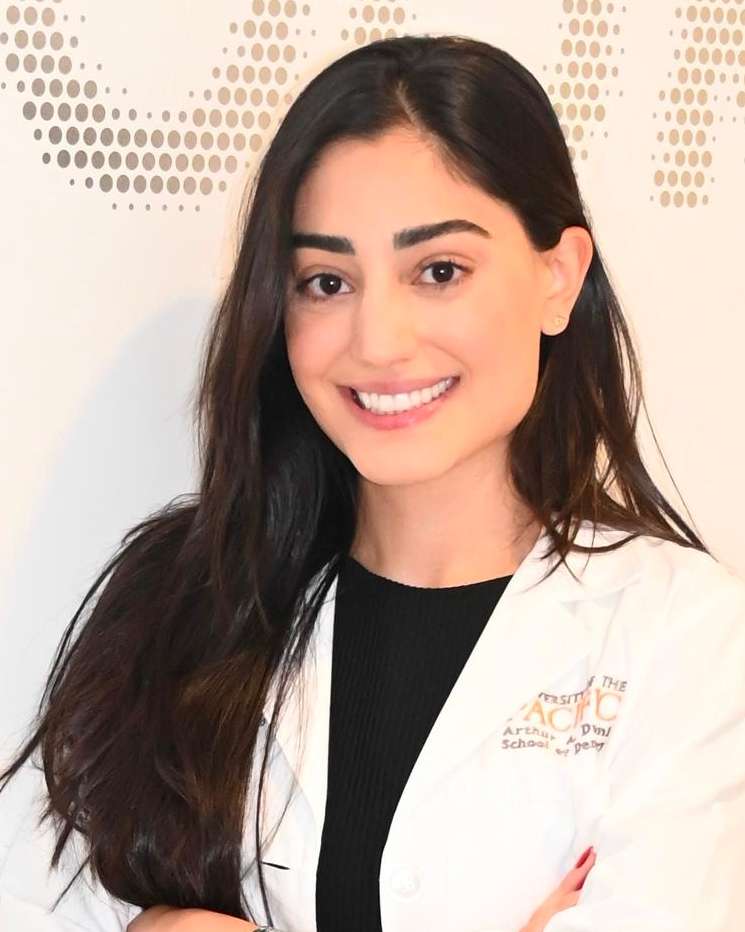Infant Oral Health in Corona, CA
Welcoming a new baby is a wonderful and exciting time, but it also comes with a lot of questions. In the first few weeks of your baby’s life, and with so much to think about, their oral care may not even cross your mind. But there is a lot you can do even at this young age to set them on a path to a lifetime of excellent oral health.

At All Smiles Orthodontics and Children's Dentistry, we start treating babies as soon as their first tooth appears or by their first birthday. Our pediatric dentist in Corona, Dr. Lan Nguyen, has all the information and advice you need to understand what is involved with infant oral health. He is always more than happy to answer your questions because ensuring healthy smiles is a team effort, and we will work with you to provide your child with the head start they need to ensure happy, healthy smiles.
Schedule Your Child's First Visit
Seeing a pedodontist, a dentist that specializes in the dental care of young children can help to ensure your child gets off to a healthy start while preventing the risk for developing serious future dental problems. If it's time for your one-year-old's first dental visit, please call and schedule an appointment with Dr. Nguyen. We are pleased to offer pediatric dentistry for children of all ages in Corona, Norco, Riverside, Lake Elsinore, and all surrounding communities.

 This is also a good time to go over habits with Dr. Nguyen that could be harmful to your child’s future dental development. A teeth cleaning may be performed, if necessary. According to the American Academy of Pediatrics and the American Dental Association, kid’s dental care should begin at the age of one and should continue every six months. If your child has reached their first birthday and hasn't had their first visit, please all our Corona dental office to schedule.
This is also a good time to go over habits with Dr. Nguyen that could be harmful to your child’s future dental development. A teeth cleaning may be performed, if necessary. According to the American Academy of Pediatrics and the American Dental Association, kid’s dental care should begin at the age of one and should continue every six months. If your child has reached their first birthday and hasn't had their first visit, please all our Corona dental office to schedule. 





 Many young children and infants use a pacifier or exercise finger habits. One of the most common reasons for this is that it offers security. In addition, finger habits often provide babies with a way to learn about the world around them. It is actually not uncommon for many babies to suck their fingers prior to birth. Such habits frequently help many children and babies to fall asleep.
Many young children and infants use a pacifier or exercise finger habits. One of the most common reasons for this is that it offers security. In addition, finger habits often provide babies with a way to learn about the world around them. It is actually not uncommon for many babies to suck their fingers prior to birth. Such habits frequently help many children and babies to fall asleep.